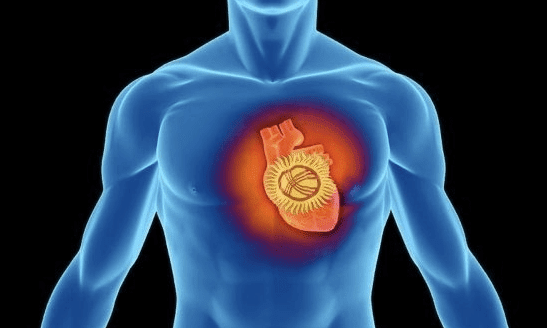Aconite N: Asthma with high blood pressure, dry cough and fear of death.
Naja: Difficult breathing; cannot lie down. Intense sneezing which relieves breathing. Pulse slow.
Sabal Serr: Cardiac asthma with a wheezing, hard cough. Aggravation in cold, damp weather. Throat husky. Give in 2X or 3X dilution.
Baryta Carb: Asthma with arterial hypertension (high blood pressure) with full and hard pulse, tendency to glandular inflammation, black spots before the eyes, sensation of fullness in the eye-balls. Humming in the ears with hardness of hearing. Sensation as if smoke has been inhaled. Deep sounding rates in the chest.
Baryta Mur: Is indicated in old asthmatic patients with high blood pressure. Loss of memory and mental weakness. Suffocating cough with no power to expectorate. Worse by every change of weather.
Viscum Alb: Asthma of persons suffering from renal or high blood pressure and possibly from albuminuria. Suffocating sensation when lying down. Pulse weak and wiry. Sensation of heaviness and oppression of the heart.
Crataegus: Asthmatic persons having a failing heart and high blood pressure. Extreme dyspnoea, heart dilated.
Aurum Met: Cardiac asthma with dyspnoea and when breathing involves the heart.
Aurum Mur: Accompanied with loud cough with yellow expectoration. Pain above the heart.
Sterculia: It is a remedy for asthma with a weak heart especially in drunkards.
Ammonia Carb: With weak heart, emaciation, palpitation and difficult breathing on motion.
Digitalis: Is a leading remedy for cardiac asthma. Sudden cessation of respiration. Troublesome choking sensation with cough. Stiches in heart with irregular beat.
Apocynum Can: Asthma with tendency to uraemia. Oedema with pains in the kidney and weakness of heart. Insufficiency of heart valves. Respiration short. Arterial tension low.
Cactus G: Periodical attacks of suffocation, with fainting, cold perspiration on the face and loss of pulse; sensation as if a cord were tightly bound around the lower part of the chest. Oppression and palpitation, preventing lying down; congestion of blood in the chest. Sensation as if the heart and chest are squeezed by a vice. Attacks coming towards 11 A.M. Amelioration in open air.





